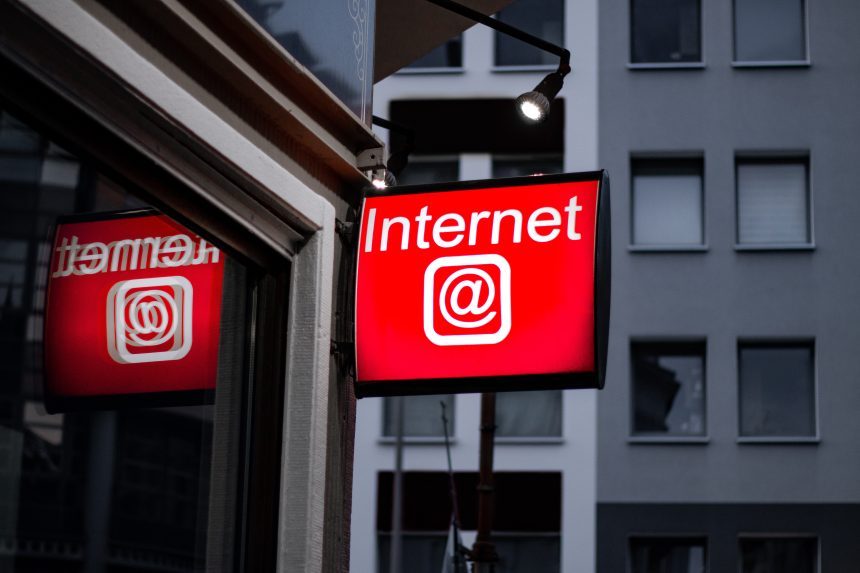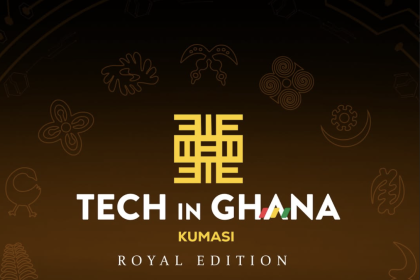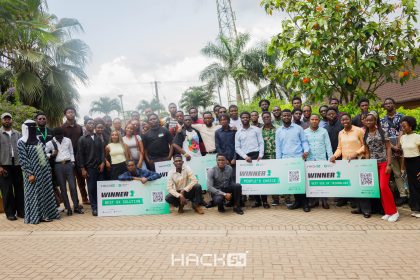The Internet service provider (ISP) space in Ghana is not in great shape. Competition in the space is becoming less and less due to the increasing cost of operations, companies folding up, and poor customer service to consumers.
The Current State of Internet Service Providers
MTN is the dominant player in the internet service provider space. Currently, they lead the pack with ~69% market share when it comes to voice and data subscriptions. They’re also the leading 4G player with Vodafone Ghana and AirtelTigo far behind.
Surfline Ghana has bowed out due to financial constraints and Busy Internet is reportedly also under dire constraints. Another internet service provider, Glo, last year transferred their customers to AirtelTigo which is currently 100% owned by the government after parent company Bharti Airtel left the market.
Vodafone recently sold its shares in Vodafone Ghana recently sold the Telecel Group in agreement with the Ghana Government.
There are other players in the ISP space including Ghana Wifi (Tizeti) and Telesol but they both have minimal market share and their impact (and poor customer care) has not made much impact overall.
Vodafone Ghana has become a meme at this point with Twitter users constantly lampooning the company for poor service in regards to both its mobile and internet connectivity.
Increased Cost Of Operations
Due to Ghana’s worsening economic conditions, most service providers have had to raise prices to continue offering services to customers. In February, MTN Ghana raised data prices by 15% due to increasing operating costs.
Busy Internet has also faced increased costs of operations. According to reports, the company has failed to adequately pay its staff and has legacy debts owed to its tower provider, resulting in the shutdown of some of its operations.
Terrible Customer Service
Currently, telecom companies are not very favorable amongst the local populace. If you take a quick scan of social media, there’s not a lot of positivity.
When Surfline Ghana shut down, there wasn’t communication sent to its consumers about the issue and no notice of refund of money to customers leaving many to take their frustrations to social media.
Vodafone Ghana has become a meme at this point with Twitter users constantly lampooning the company for poor service in regards to both its mobile and internet connectivity.
Could Low Earbit Orbit ISPs Become The Norm?
Starlink, SpaceX’s satellite internet service provider, has been launching in African countries with a launch in Nigeria and Mozambique this year. The company is planning to launch its service in Ghana in Q4 2024.
MTN is far out the most dominant player and the company is poised to be the only major player in 5G in Ghana next year.
Apart from upfront costs of service, could Starlink and otheer low earth orbit (LEO) providers be the future of internet providers in Ghana?
If you take away the high cost (~$60 per month + $599 for equipment), LOE providers could be your next-gen ISP. Buildings in Accra and other cities in Ghana generally do not have skyscrapers to obscure the skyline for LOE internet service to operate.
Consumers would not have to worry about stolen cables or constant interruption of their internet service.
Also, with the technology allowing LOEs to beam internet directly, consumers get super fast internet with average speeds between 25 to 100 mbps.
The drawbacks, obviously, are the initial costs and monthly payments.
What Happens Next
Currently, the ISP market in Ghana looks murky. With the failures of Busy Internet and Surfline, the market is getting less competitive and more expensive due to Ghana’e economic conditions.
MTN is far out the most dominant player and the company is poised to be the only major player in 5G in Ghana next year.
The rumor mill is that the government is in conversations with a buyer for AirtelTigo and the Telecel Group is currently making plans to revamp Vodafone.
At the moment, poor customer care persists with ISPs with consumers facing lack of alternatives for bad service.
Catch up on news and other tidbits on our WhatsApp Community Page, Twitter/X, and subscribe to our weekly newsletter to ensure you don’t miss out on any news.
Support Tech Labari
Tech Labari currently relies on bootstrapping, ads, and sponsored content to publish news stories and articles to our thousands of readers in Africa and the world.
Financial contributions from our readers are a critical part of supporting our resource-intensive work and help us keep our site free for all.
Any contribution to Tech Labari would help to keep the site running










